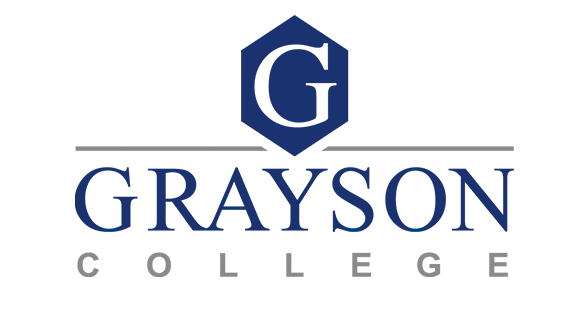Vocational Nursing Program
The Grayson College Vocational Nursing Program is offered exclusively at our South Campus (Van Alstyne) location.
Mission Statement:
The mission of the Grayson College Vocational Nursing Program is to prepare graduates to successfully pass the National Licensing Examination (NCLEX-PN) and practice vocational nursing in a variety of health-related settings.
Philosophy:
The nursing faculty accepts the mission and purposes of Grayson College. The faculty believes that the community college setting provides a suitable environment for the basic education of the vocational nurse.
The faculty ascribes to the following philosophical beliefs:
- Patients/clients are biologic, psychologic, socio-cultural, spiritual beings whose basic need is to maintain a state of homeostasis for wellness. When dysfunctions in a biologic, physiologic, socio-cultural or spiritual area occur, patients/clients may need assistance. We believe that nursing is an interpersonal process, providing assistance to patients/clients and their significant others to meet the needs that they are experiencing, whether in health, illness, or dying.
- Nursing is both an art and an applied science. Nursing is a science because nursing is founded on evidence-based scientific research and utilizes a problem-solving framework. Nursing also draws from the knowledge bank of other sciences such as the humanities, social sciences, and natural sciences. Nursing is an art because each individual nurse contributes to the care of clients in a personal way. The art of nursing involves the therapeutic care of clients and families, preventative nursing interventions and education, with a goal of assisting clients to achieve their highest potential for living a quality life or to experience a dignified death.
- Rational patients/clients should participate in making choices involving all aspects of their lives and should share the responsibility for their own lifestyles and healthcare treatments and decisions with healthcare providers. The right to accept or refuse treatment is paramount to the patient’s/client’s dignity.
- The vocational nurse plays a vital role in the healthcare delivery system and is an integral part of the healthcare delivery team in a variety of settings. Vocational nurses are educationally prepared to provide basic nursing care and to demonstrate the Differentiated Essential Competencies for Vocational Nursing as mandated by the Texas Board of Nursing. The licensed vocational nurse (LVN) utilizes the nursing process as a problem-solving approach to all nursing care, and works under to the supervision of a registered nurse, physician, chiropractor, podiatrist or dentist.
- Nursing education is a continuous learning process empowering students to evolve from learners to novice practitioners. The program of learning provides opportunities for individualized instruction, evaluation, guidance, and academic counseling. The faculty plans and facilitates learning experiences that promote critical thinking, clinical competency, caring interventions, effective communication, ethical and legal accountability and self-direction. The vocational nursing student is recognized as an adult learner. The student accepts the major responsibility for her/his own learning. Learning is a lifelong process in which the learner remains an active participant.
End-of-Program Student Learning Outcomes
Member of the Profession
- 1.1 Demonstrate professional attitudes and behaviors
- 1.2 Advocate on behalf of patients, families, self, and the profession
- 1.3 Demonstrate responsibility and accountability for the quality of nursing care provided to patients and their families
Provider of Patient-Centered Care
- 2.1 Use clinical decision-making skills appropriate to the level of a Vocational Nurse to provide safe, effective care for patients and families
- 2.2 Provide safe, compassionate, basic nursing care to assigned patients with predictable healthcare needs through a supervised, direct scope of practice
- 2.3 Implement teaching plans for patients and their families with common health problems and well-defined health learning needs
- 2.4 Manage resources in the provision of safe, effective care for patients and families
- 2.5 Assist in developing and implementing a plan of care to meet the needs of diverse patients and families
Patient Safety Advocate
- 3.1 Implement measures to promote quality and a safe environment for patients, self, and others
- 3.2 Assist in the formation of goals and outcomes to reduce patient risks
Member of the Healthcare Team
- 4.1 Collaborate with patients, their families, and the interdisciplinary healthcare team in a timely manner to assist in the planning, delivery, and coordination of patient-centered care to assigned patients
- 4.2 Identify patient needs for referral to resources that facilitate continuity of care and ensure confidentiality
- 4.3 Collaborate with members of the interdisciplinary healthcare team to promote and maintain optimal health status of patients and their families
Have additional questions about the LVN program? Need to request an info packet? Please email lvn [at] grayson [dot] edu
